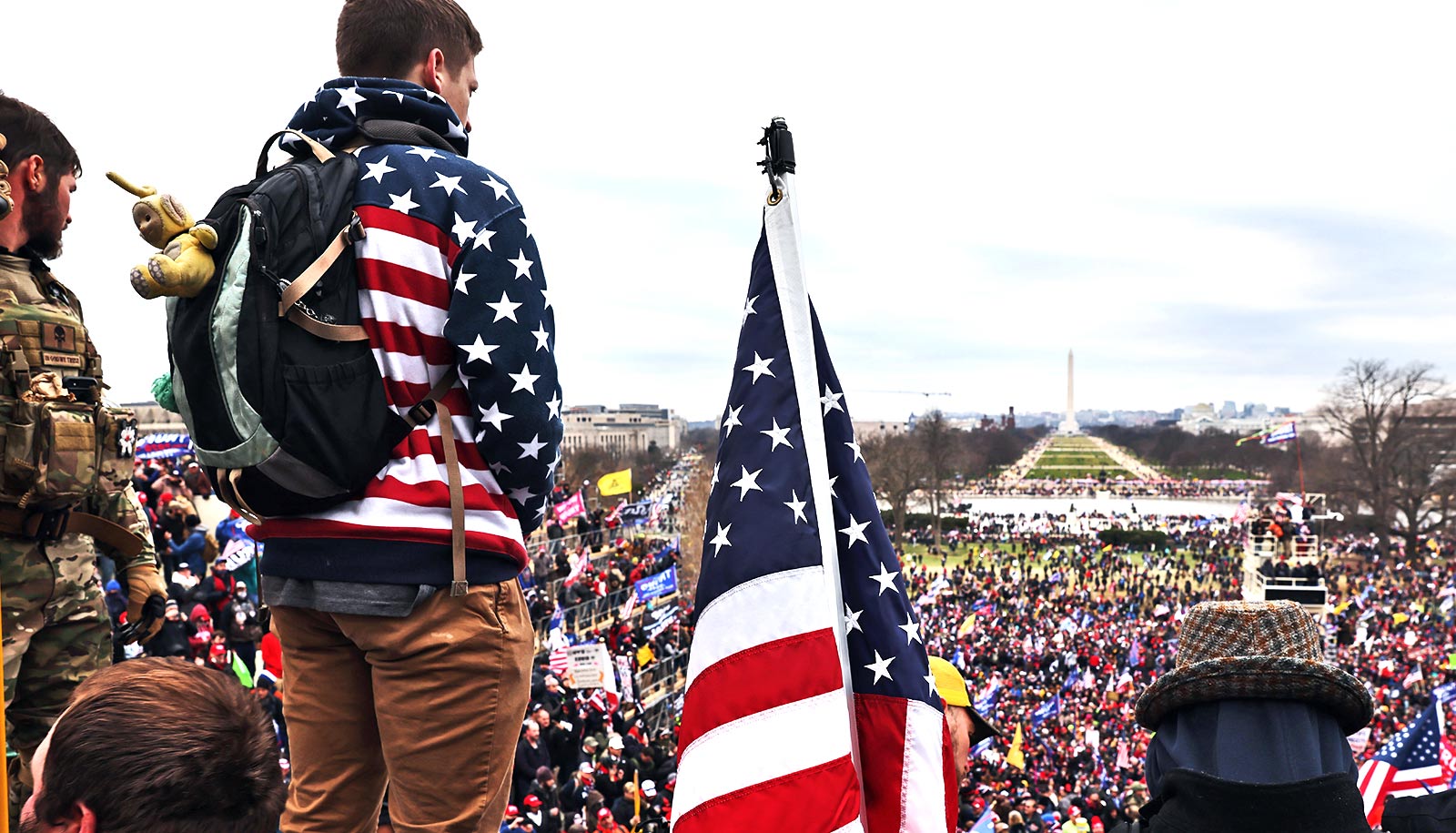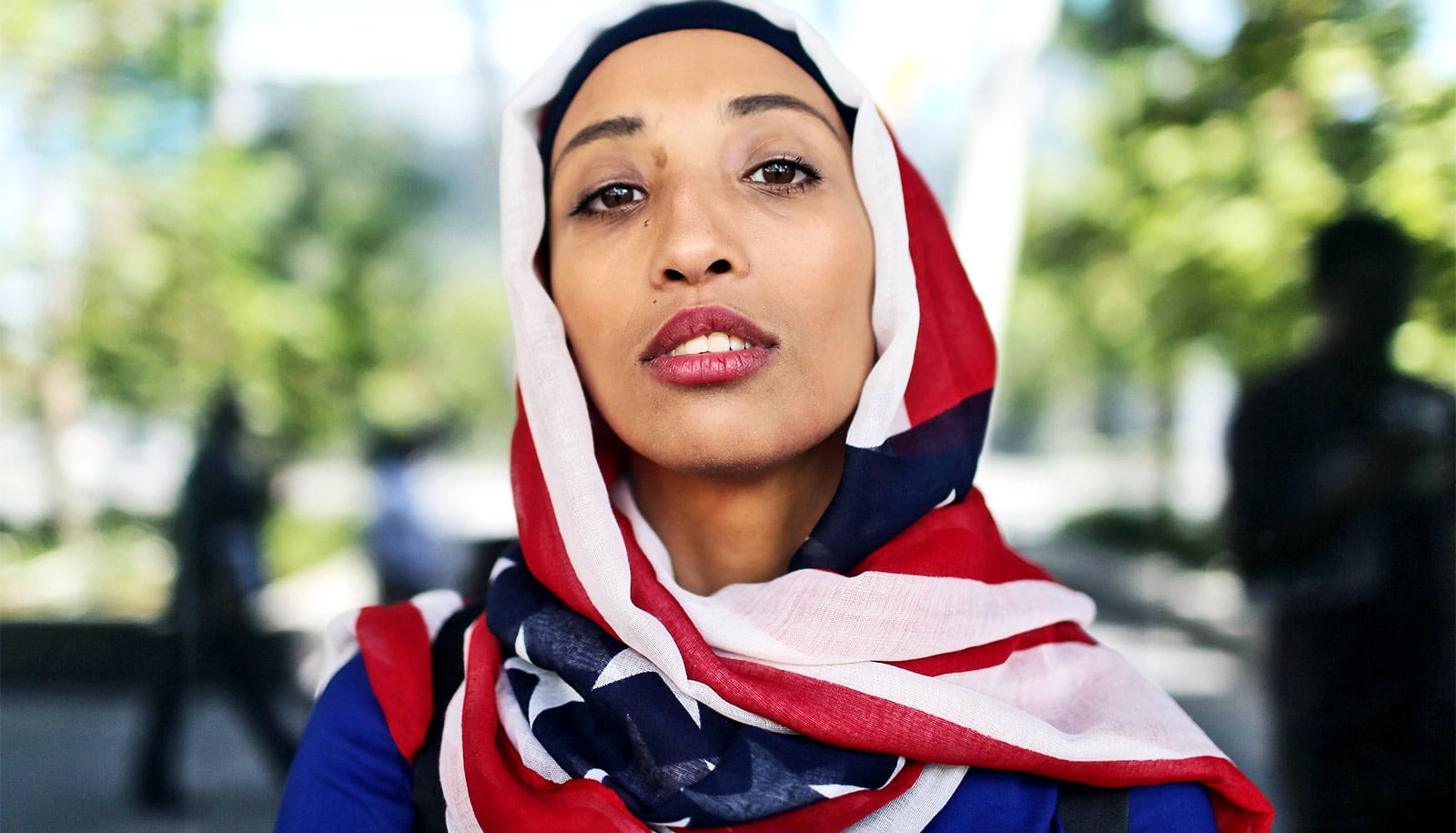Two-thirds of Muslims, half of Jews, and more than a third of evangelical Protestant Christians experience workplace discrimination, though in different ways, according to a new study.
“When we conducted interviews, we were able to get much deeper into how people are experiencing religious discrimination,” says Rachel Schneider, a postdoctoral research fellow in Rice University’s Religion and Public Life Program (RPLP) and lead author of a paper on the findings in the journal Socius: Sociological Research for a Dynamic World.
“We found that it’s not just about hiring, firing, and promotion, which are the things that people usually think about.”
While Muslims, Jews, and Christians each said they experienced negative or harmful comments, stereotyping, and social exclusion, Muslims and Jews felt targeted by anti-Islamic and antisemitic rhetoric tied to being seen as part of a larger group. Evangelical Christians, meanwhile, felt singled out when taking an individual stand based on their moral views.
“Sometimes they were called ‘Ms. Holy’ or ‘Holy Roller,’ and many evangelical Christians felt like they were perceived as being judgmental, narrow-minded, and/or right wing,” Schneider says.
In addition, coauthor Denise Daniels, the study’s co-principal investigator and professor of entrepreneurship at Wheaton College, says many of the Christians surveyed gave examples of feeling isolated at work.
“This was due to their coworkers’ presumptions about the kinds of conversations or outside-of-work events they would want to participate in,” she says.
All three groups—but especially Muslims and Jews—described feeling uncomfortable asking to observe religious holidays or wearing religious attire at work and mentioned negative experiences they’d had with supervisors and coworkers. Muslims and Jews were most likely to feel they needed to downplay or hide their religion in the workplace.
“Identity concealment is often used by people who are part of stigmatized groups,” says coauthor Deidra Coleman, a postdoctoral research fellow at the University of Texas Health Science Center at Houston. “It’s a proactive way to ‘manage’ anticipated religious discrimination, but it can have negative impacts on one’s mental health.”
Principal investigator Elaine Howard Ecklund, director of RPLP, says the findings challenge employers to reconsider how they think about religious discrimination. She says figuring out how to balance different groups and perspectives while showing sensitivity to all involved is complicated.
“I think a good lesson for human resources divisions is that making people feel welcome and comfortable in the workplace takes more than specialized foods and places to pray,” she says. “These day-to-day interactions among coworkers are incredibly important, but they’re harder to remedy without proper education. Workplace training must include exercises that specifically target all kinds of religious discrimination.”
The research is part of RPLP’s “Faith at Work: An Empirical Study,” which includes a survey of more than 11,000 people and in-depth interviews with 200 more. The research had funding from the Lilly Endowment Inc.
Source: Rice University



